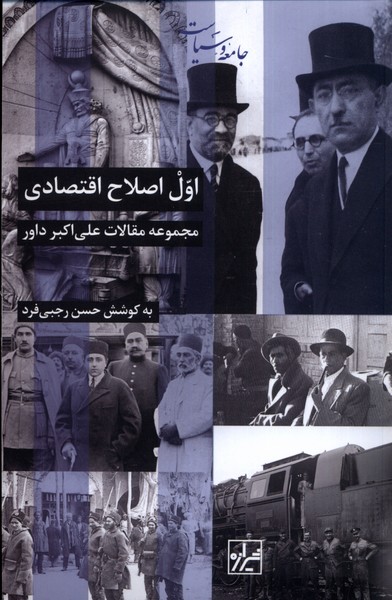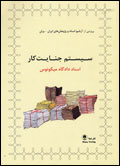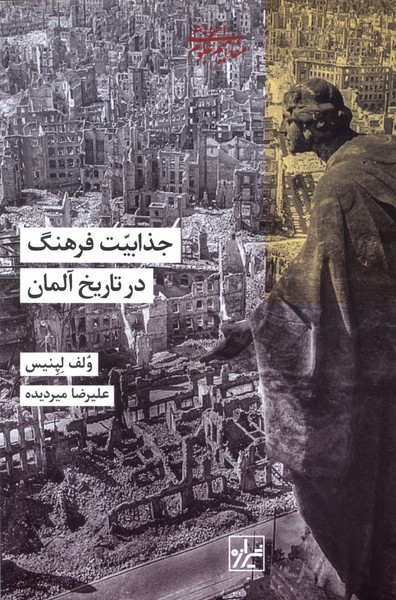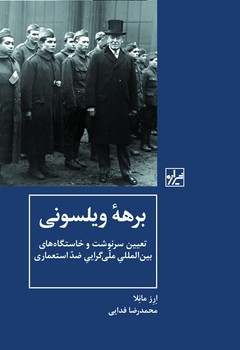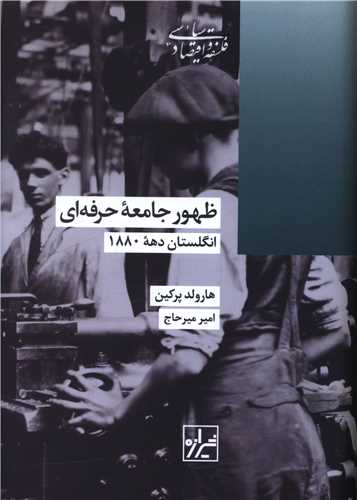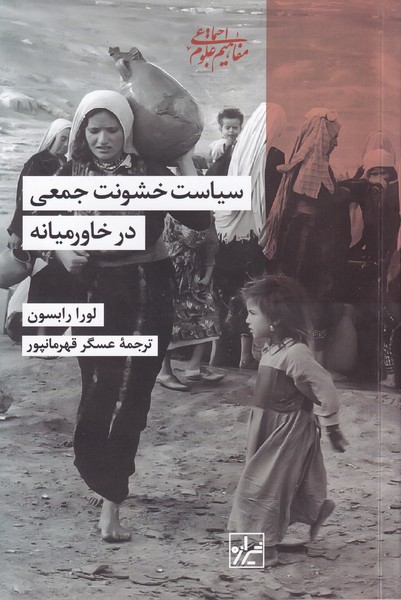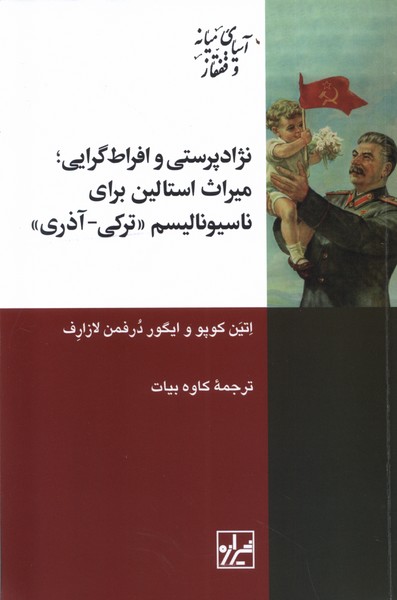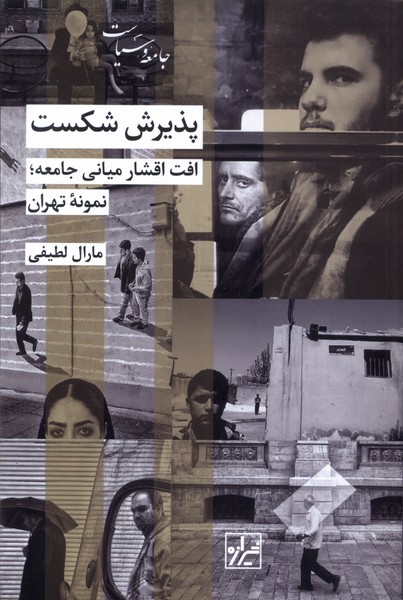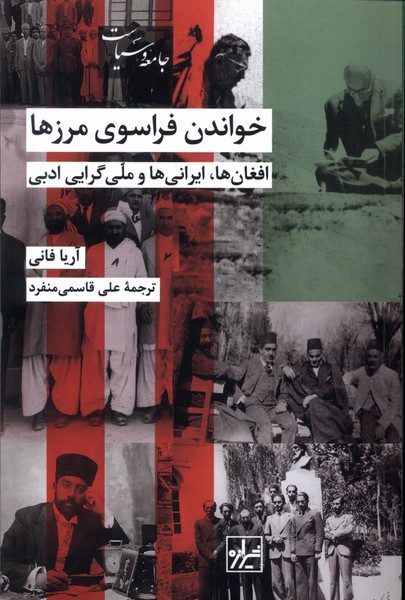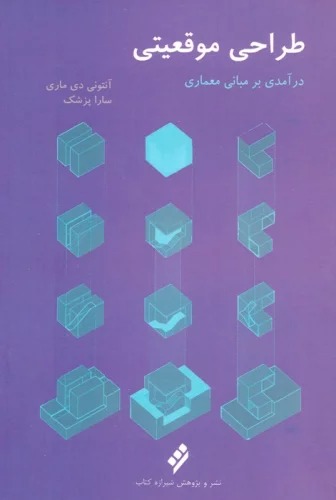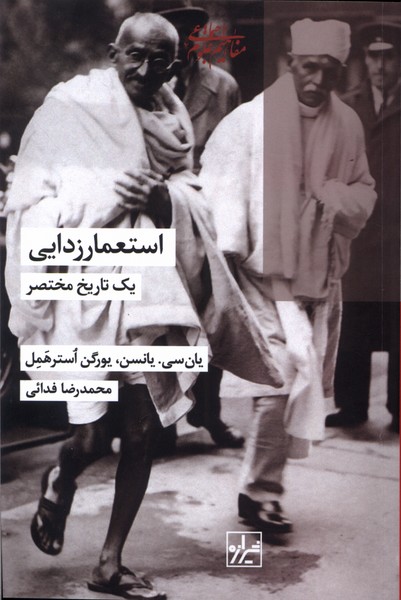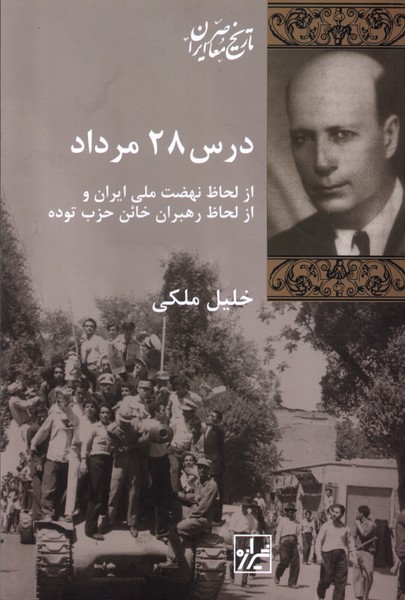اول اصلاح اقتصادی الفارسية 1443
Avval iṣlāh-i iqtiṣādī
26٫24 $
مشاركة
Wishlist
In many studies looking at the contemporary history of Iran, the origin of the dynamics of this history is considered to be the intellectual and theoretical struggles of elites who considered the solution to the country's problems to be dependent on the resolution of the conflict between tradition and modernity over the political rights of the people. The struggle that finally led to the constitutional revolution. However, the first place of tension between tradition and modernity was not over political rights, but over the organization of the state apparatus and the establishment of a centralized bureaucracy to ensure the rationalization of citizens' lives. A structure in which there was no contradiction between serving the absolute government and improving the lives of the people. The constitutional government's encounter with terrible problems and the concern of its failure once again made some of the country's elite realize the need to urgently rebuild its government and bureaucracy and turned the issue of people's political rights and subjecting power to law into a secondary matter. Ali Akbar Davar, whose collection of articles in defense of such a point of view is published in this book in the period between Bahman 1301 and Aban 1302 along with a number of his other writings, in the following periods made a continuous effort to establish the modern bureaucracy until his suicide on 20 Bahman 1315.
more
در بسیاری از مطالعات ناظر بر تاریخ معاصر ایران، منشأ پویاییهای این تاریخ، تکاپوهای فکری و نظری نخبگانی بهشمار رفتهاست که علاج مشکلات کشور را منوط به حلّوفصل کشمکش میان دوگانهٔ سنّت و مدرنیته بر سر حقوق سیاسی مردم میدانستند؛ کشمکشی که نهایتا به انقلاب مشروطه انجامید. حال آنکه اوّلین محلّ بروز تنش میان سنّت و تجدد نه بر سر حقوق سیاسی بلکه بر سر سازماندهی دستگاه دولت و تأسیس دیوانسالاری متمرکزی بود برای تضمین هدایت عقلانیسازی حیات شهروندان. ساختاری که در آن، میان خدمت به حکومت مطلقه و بهبود زندگی آحاد ملّت تناقضی دیده نمیشد. مواجههٔ حکومت مشروطه با مشکلات سهمگین و بروز نگرانی از ناکام ماندن آن، برخی از نخبگان کشور را بار دیگر به لزوم بازسازی عاجل دستگاه دولت و دیوانسالاریاش متوجه کرد و موضوع حقوق سیاسی مردم و مشروط کردن قدرت به قانون را به امری ثانوی مبدّل ساخت. علیاکبر داور که در این کتاب مجموعهٔ مقالات او در دفاع از چنین دیدگاهی در فاصلهٔ بهمن ۱۳۰۱ تا آبان ۱۳۰۲ به انضمام تعداد دیگری از نوشتههایش منتشر میشوند، خود در ادوار بعدی تلاش بیوقفهای را برای تأسیس دستگاه دیوانسالاری مدرن تا زمان خودکشیاش در ۲۰ بهمن ۱۳۱۵ کرد.
more

